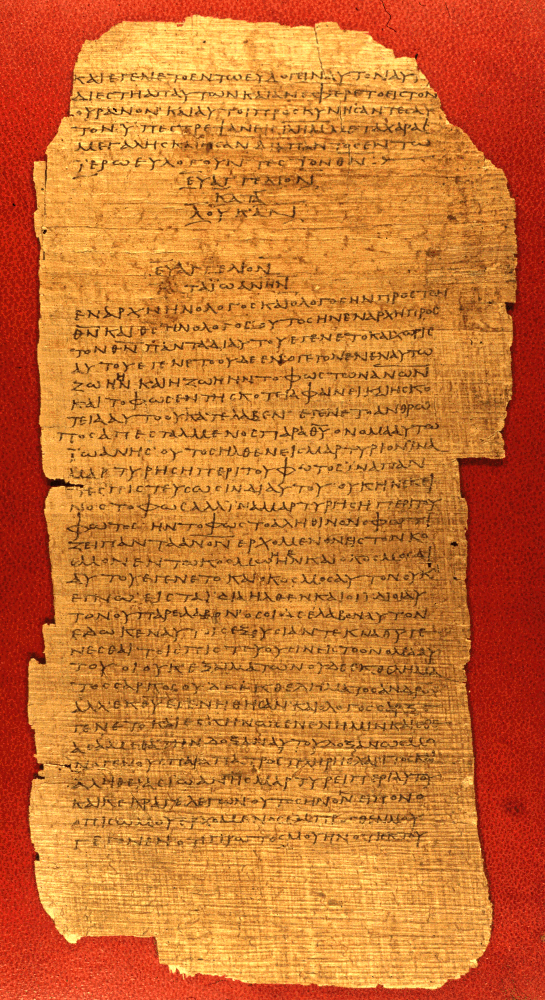It seems that the Holy Spirit is God's 'force' used to accomplish His will as shown in
Genesis 1:2 and is not associated with any person. People can be baptised with it, anointed with it and it 'filled' 3,000 at the same time at Pentecost. Never has a name and is never 'seen' separate to God and Jesus in heavenly visions.
I believe that the Holy Spirit is sent to the Messengers of God such as Jesus and Baha’u’llah and it is then brought to this world by Them. It is not separate to God; it is the Bounty of God.
Question.—What is the Holy Spirit?
Answer.—The Holy Spirit is the Bounty of God and the luminous rays which emanate from the Manifestations; for the focus of the rays of the Sun of Reality was Christ, and from this glorious focus, which is the Reality of Christ, the Bounty of God reflected upon the other mirrors which were the reality of the Apostles. The descent of the Holy Spirit upon the Apostles signifies that the glorious divine bounties reflected and appeared in their reality. Moreover, entrance and exit, descent and ascent, are characteristics of bodies and not of spirits—that is to say, sensible realities enter and come forth, but intellectual subtleties and mental realities, such as intelligence, love, knowledge, imagination and thought, do not enter, nor come forth, nor descend, but rather they have direct connection. Some Answered Questions, p. 108
The Holy Spirit can be thought of as a force used to accomplish God’s will but God’s will through God’s Messengers.
We know it was sent to them because it descended upon them.
Luke 3:22 And the Holy Ghost descended in a bodily shape like a dove upon him, and a voice came from heaven, which said, Thou art my beloved Son; in thee I am well pleased.
“God is My witness, O people! I was asleep on My couch, when lo, the Breeze of God wafting over Me roused Me from My slumber. His quickening Spirit revived Me, and My tongue was unloosed to voice His Call.” Gleanings From the Writings of Bahá’u’lláh, p. 90
Thief in the Night by William Sears. Now He also spoke a parable to them: “A person who is blind cannot guide another who is blind, can he? Will they not both fall into a pit?
Luke 6:36
Are you saying that William Sears was blind and if so what is the basis for saying that?
Jesus said "Before long, the world will not see me anymore, but you will see me. Because I live, you also will live." John:14-19
Jesus came to Earth in the flesh once only he will not return in the flesh because he has already inherited his kingdom in heaven and flesh and blood cannot inherit the kingdom of God.
I fully agree. The same Jesus who walked earth 2000 years ago was never slated by God to return to earth.
What you speak of was just a meteor shower that happens every 33yrs usually around the 11th to 16th November, it has been recorded since 1833, 1866, 1899, 1933, 1966, and 1999, They come from a comet Earth passes through different parts of the debris trail at different times, thus resulting in more or fewer particles entering Earth’s atmosphere at different times.
THE STAR-FALL OF 1833
So exceptional was this event that Clarke in his
History of Astronomy in the Nineteenth Century writes: “… a tempest of falling stars broke over the earth.”
According to the millennial scholars of the 1840s, the
third sign in the sixth chapter of
Revelation came to pass on 12 November 1833, the night of the unique star-fall.
Clarke wrote of that night, saying: “Once and for all, then, as the result of the star-fall of 1833, the study of luminous meteors became an integral part of astronomy.” He goes on to say: “North America bore the brunt of its pelting. From the Gulf of Mexico to Halifax, until daylight with some difficulties put an end to the display, the sky was scored in every direction with shining tracks and illuminated with majestic fireballs.”
Denison Olmsted, Professor of Mathematics at Yale University, wrote the following in the
American Journal of Science: “The morning of 13 November 1833, was rendered memorable by an exhibition of the phenomenon called shooting stars, which was probably more extensive and magnificent than any similar one hitherto recorded …
Probably no celestial phenomenon has ever occurred in this country, since its first settlement, which was received with so much admiration and delight by one class of spectators, or with so much astonishment and fear by another class. For some time after the occurrence, the ‘meteoric phenomenon’ was the principle topic of conversation.”
Simon Newcomb in
Astronomy for Everybody called the display of falling stars
“the most remarkable one ever observed”.
The French astronomer, Flammarion, in
Popular Astronomy, wrote: “The Boston observer, Olmsted, compared them, at the moment of maximum, to half the number of flakes which are perceived in the air during an ordinary shower of snow.”
The
New York Journal of Commerce wrote: “No philosopher or scholar has told or recorded an event like that of yesterday morning.
A prophet eighteen hundred years ago foretold it exactly, if we will be at the trouble of understanding stars falling to mean falling stars.” (New York Journal of Commerce, 14 November 1833.)
Astronomers, after careful study, learned that this particular meteoric display occurs every thirty–three years. However,
the display of 1833 was unique in its drama. The fall of 1866 did not rival it in any way, and that of 1899 was of even less interest.
From:
http://bahai-library.com/pdf/s/sears_thief_night.pdf
